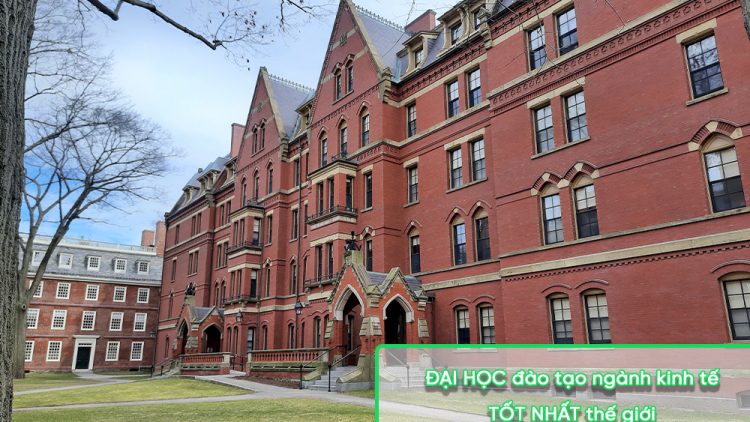ITT – Declining birth rate is creating the trend of designing mini schools in Korea with less pressure on students. Many people in the city have taken their children to the countryside to learn in this environment.
Because of the delay of Korea’s economic growth, the unemployment rate is about 10%. Life is becoming more difficult, marriage age is increasing, many decide to have fewer children or even none.

The trend of designing mini schools with less than 20 students also start developing in Korea since the birth rate has declined to 1,24 – one of the lowest rates in the world – in such rapidly aging population context.
In Korea, the lack of children can be clearly seen in small villages in rural provinces. More than 3.700 schools (including elementary and secondary schools) had been closed since 1990 and the number is going to increase significantly if the birth rate of the country remains lower than required.
The Ministry of Education informed last year that the number of students from elementary, secondary and high schools decreased from 7,18 million to 6,81 million.

A few mini schools took this situation as an advantage to provide personalized education. When the scale of classes is small, teachers can take care of all students. Studying programs are designed to create experience for students which include monthly farms visiting, park visiting, hiking, jogging, camping, sweet potatoes harvesting. All activities use the school’s budget, no extra fee required.
Students will also receive a photo album at the end of the year which consists of photos of activities they have participated in. They seem to undergo carefree days with no academic pressure. In the contrary of the fear the mini schools will affect the learning process and peer relationships, teachers and parents comment that students in these schools are very closed to each other as they are taught to care.

 Tiếng Việt
Tiếng Việt

